Hi, all—
I've been thinking a lot about theme this past week. Which is odd. Mostly because the theme of a book—any book—is not something that has ever concerned or interested me. Not even way back in high school during my AP English class when I was forced to regurgitate what my instructor thought & felt about The Classics. (Yep, there's a story in there that I may have to address in a future newsletter.)
The Fiction Dictionary by Laurie Henry defines theme as "the central idea of a story or novel, a concept that is represented through the plot and through interaction among the characters". Henry goes on to add that "theme is related to the idea that even though fiction is not a reflection of literal reality, it still may communicate a kind of truth about the way human beings act, think or feel in a way that the word-for-word truth cannot".
Yeah, that's a lot to unpack. But it's also spot on—for genre fiction, too. When I think about my own writing, I'm forced to admit that the author in me does have things to say. Since I'm currently writing military detective thrillers & veterans mysteries, those thoughts tend to concern the military or are focused through the prism of prior military service. I also freely admit that my work's influenced by geopolitical events, past and current. I have things to say about human nature & life in general, too—a good deal of which I may not actually agree with or may outright oppose. But since specific characters would espouse those views, I make a point to weave them in. All of this leads to the smaller, often interconnected themes that can make up a specific book.
But this newsletter is about that Big T. As stated in Henry's definition, the overall theme of a book is different. It's broader. It's not connected to any one plot point or character, but to many. A book's theme can usually be stated as a complete sentence, too. Theme is also intrinsic to the author.
No, my old English teacher didn't offer up that tidbit. I came to that realization on my own. Mainly because I've discovered that a book's theme endures, even when a meticulously outlined plot morphs or outright changes direction during the actual writing of a book...as happened quite a few times during the manuscript for Chokepoint.
So what started me on this grand, thematic path? Well, I was driving one of my sons someplace this past week & thinking about revisions. As we paused at a stoplight, the theme for Chokepoint popped into my head, fully formed. It actually took me by surprise—because it was dead on. So what is the theme of the 1st NCIS installment in the Deception Point series?
Good people do bad things—and bad people do good things.
Looking back, this particular theme has been in my work all along. It's in Regan's books and it's in Kate's. It's a major part of all those gray characters I like to write—and it's in the main characters too. Heck, it's in the romantic suspense novels I wrote for Silhouette Books—though it's muted in those. Not because the "Candace Irvin" books are romance, but because the emphasis of those books was different.
This overarching theme that I've been exploring may be coming into focus better because the heftier, single point-of-view/protagonist novels I'm writing now allow for a longer character arc that's letting me delve deeper into my characters and explore facets I've never had the time or space to explore before. Or it could be that I'm using the continuing characters that populate both my Deception Point & Hidden Valor series to delve deeper into my own psyche; that I'm exploring my own thoughts & feelings better. I suspect it's a blend of both.
Either way, it's kinda cool—and completely unexpected. My work has a theme. Imagine that!
—Candace
